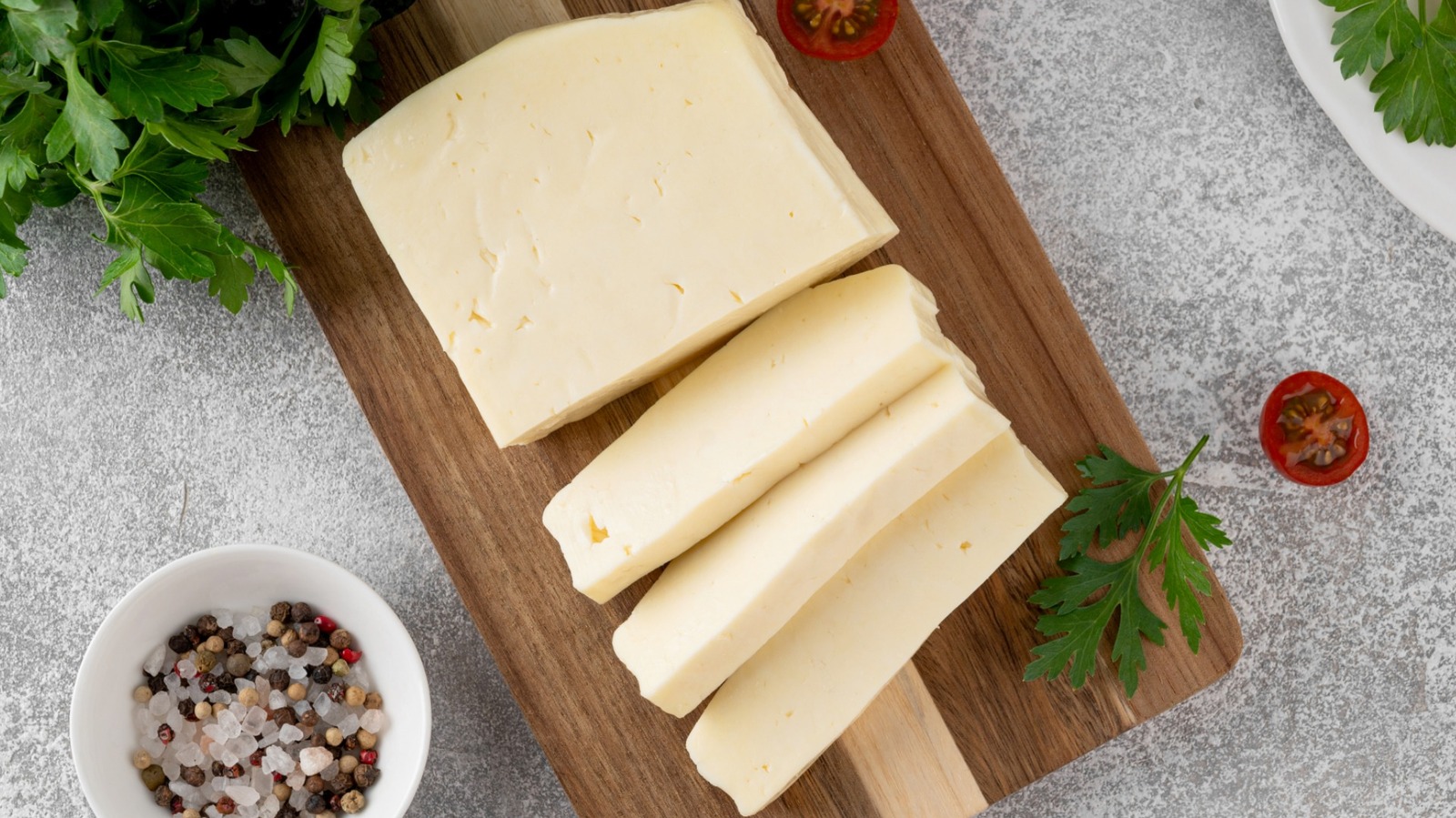
"The characteristic squeak of halloumi cheese results from a combination of casein proteins and calcium, creating friction with teeth when bitten into."
"Halloumi cheese retains its squeakiness due to strong protein and calcium bonds, which diminish over time through proteolysis as the cheese matures."
The squeaky sound of halloumi cheese is scientifically explained by the strong bonds between casein proteins and calcium. These bonds produce friction when the cheese is bitten into, a feature connected to halloumi's youth, as the proteins have not yet undergone significant breakdown. The high pH level of halloumi keeps the calcium intact, enhancing this characteristic. As halloumi matures, these bonds weaken, and the cheese loses some of its squeak. Microwaving can temporarily restore the squeak by tightening the proteins, but overheating will melt the cheese.
Read at Tasting Table
Unable to calculate read time
Collection
[
|
...
]